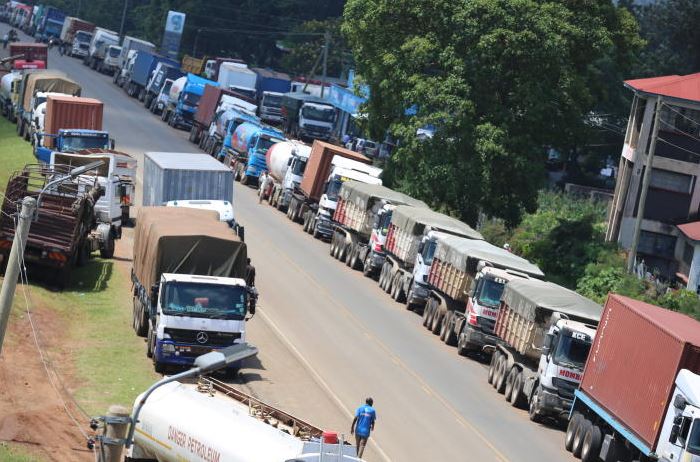In Kenya, the minimum wages for heavy commercial vehicle (HCV) drivers are defined by law and vary based on the region of operation. As of 1st November 2024, the Regulation of Wages specified the following minimum monthly salaries for HCV drivers:
- Major Cities (Mombasa, Nairobi, Kisumu, Nakuru): KSh 41,815
- Former Municipalities (e.g., Mavoko, Ruiru, Limuru): KSh 39,350
- Other Areas: KSh 36,895
These figures were highlighted by the Kenya Transporters Association in November 2024, emphasizing the legal obligation for companies to adhere to these wage standards.
In October 2024, the government announced a 6% increase in the minimum wage, effective from November 1, 2024. This adjustment was part of a broader initiative to improve compensation across various sectors. While specific updated figures for HCV drivers were not detailed in the announcement, it’s reasonable to anticipate that their wages would be adjusted accordingly to reflect this increment.
It’s crucial for employers to comply with these regulations to ensure fair compensation for drivers and to avoid legal repercussions. Non-compliance not only violates labor laws but also undermines the welfare of the transport workforce.
In Kenya, violating labor laws—especially regarding minimum wages—can lead to serious legal and financial consequences for employers. The key repercussions include:1. Legal Penalties & FinesEmployers who fail to comply with the Regulation of Wages and Conditions of Employment Act (Cap 229) risk:
- Fines – The employer may be fined up to KSh 100,000 or more, depending on the severity of the violation.Imprisonment – In extreme cases, an employer may face up to three months in jail for failing to pay the minimum wage.
- The difference between what was paid and the required minimum wage.Any applicable interest or penalties for delayed payments.
- Authorities can suspend or revoke an employer’s business license for repeated violations, affecting business operations.Companies that depend on government contracts may be blacklisted from bidding for public tenders.
- Employees can sue employers for unpaid wages or unfair treatment.If found guilty, the employer may be required to pay damages, including compensation for lost income.
- Companies violating labor laws risk negative publicity, leading to loss of customers and potential investors.Employees may also strike or protest, disrupting business operations.
- Trade unions and labor organizations, like the Central Organization of Trade Unions (COTU), can take legal action against non-compliant employers.Government agencies, including the Ministry of Labour, may conduct inspections and audits to enforce compliance.
- Stay updated with the latest wage regulations issued by the government.Ensure payroll systems reflect the current minimum wage rates.Maintain proper employee records to avoid disputes.Seek legal advice to navigate labor laws effectively.




Very informative
Thank you
Great input
Wooow very very informative